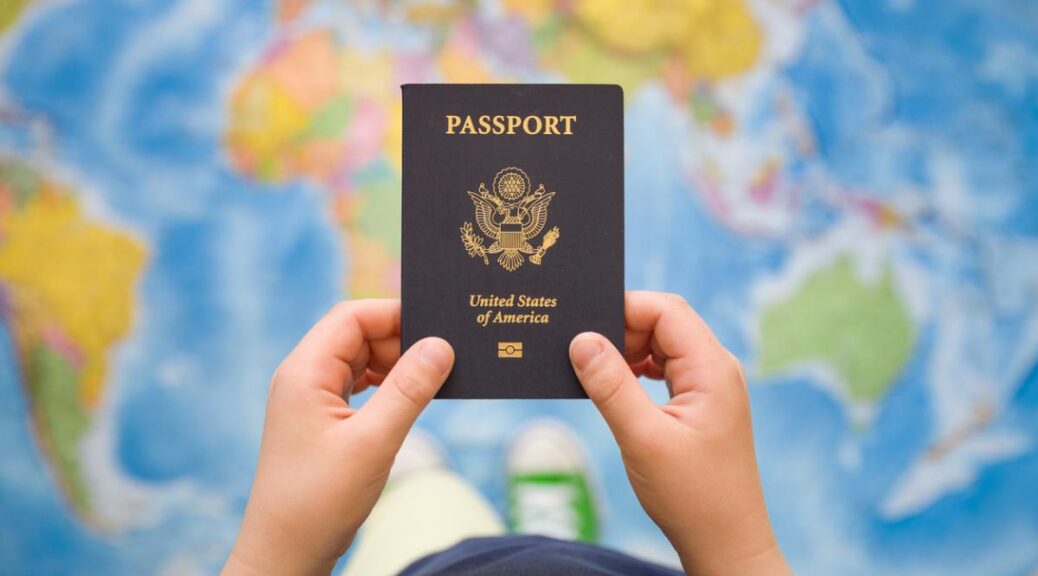Divorce can be a challenging time in a family’s life. It is an emotional and financial struggle, and one of the most complex aspects of separation is deciding about the expenses involving children. Among these expenses, extracurricular activities, such as sports, dance, and music lessons, can be costly. So, who should be responsible for paying the costs of such activities? This blog post will discuss all the necessary information you need to know regarding this issue.
Common Child Support Myths About Extracurricular Activities
Many myths surround the payment of extracurricular activities. For instance, some people believe that child support covers all these costs, which is not the case. Child support contributes to a child’s needs, such as food, shelter, and clothing. Payment for extracurricular activities is considered a child support add-on cost. On the other hand, others may feel that the parent who wants the child to participate should be responsible for the costs. However, this is not always how the Court will view extracurricular activities as many activities offer valuable opportunities for a child’s growth and development.
Determining Who Pays Under California Law
According to California law, both parents should be responsible for the necessary costs of raising a child. This law includes the expenses of extracurricular activities. This means that parents should find a way to share these costs. If the parties cannot agree on what extracurricular activities the child should engage in and their payments the Court will have to decide.
Presenting Your Case for Payment to the Other Parent
It is crucial to approach the other parent and discuss the costs involved. It is best to approach this in an amicable manner and clearly state your child’s needs and interests. Present your case with facts and discuss the value of the extracurricular activity. If you reach a decision, make sure that you have a written agreement on the cost-sharing arrangement and that it becomes a Court order.
Modifying Child Support Orders to Include Activity Costs
If your current child support order does not cover the expenses of extracurricular activities, you can petition the Court to make orders regarding these issues. The Court will evaluate the family’s financial status and decide how the parties split the cost of the activity.
Negotiating Responsibility for Activities in Your Settlement
Whether you are in the process of separation or divorce, remember to include extracurricular activities in your settlement. A written agreement will help prevent future problems and disagreements with your ex-spouse.
Enforcing Extracurricular Payment Through the Court System
If one parent refuses to pay the cost of the activity, the other parent can seek the assistance of the Court to enforce payment. A California family law attorney can provide you with guidance and representation during the enforcement process.
Co-Parenting Strategies When You Disagree About Extracurricular Activities
Children’s extracurricular activities often cause disagreements between parents as different priorities, financial situations, or scheduling matters arise. Negotiation, compromise, and consideration of the child’s best interests are vital factors.
Deciding who pays for extracurricular activities during a divorce is a complex matter. A California family law attorney could provide you with the necessary guidance and representation. Our team at the Law Offices of Judy L. Burger can guide you through every step of the legal process, ensuring your rights and interests are protected. Contact us today to schedule an appointment.





